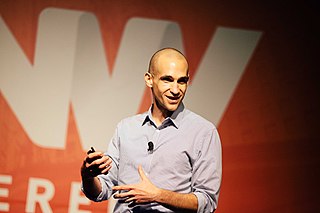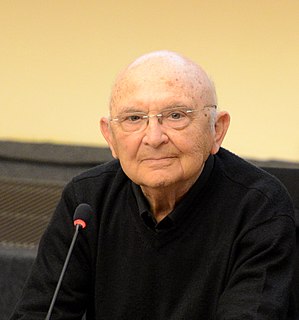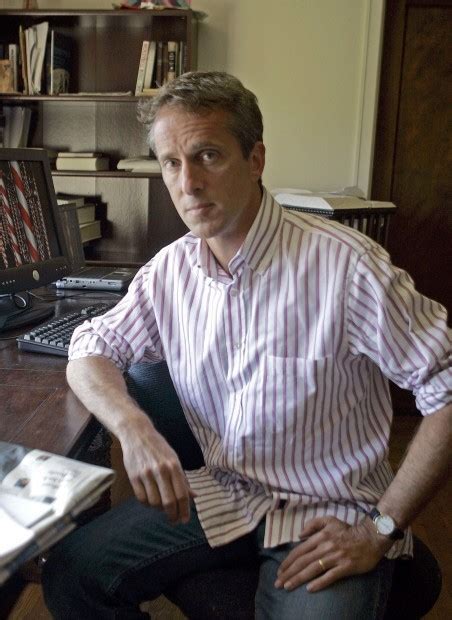A Quote by Viktor E. Frankl
Man’s main concern is not to gain pleasure or to avoid pain but rather to see a meaning in his life.
Related Quotes
The activity of the immature human being is simply played upon to secure habits which are useful. He is trained like an animal rather than educated like a human being. His instincts remain attached to their original objects of pain or pleasure. But to get happiness or to avoid the pain of failure he has to act in a way agreeable to others.
Bentham spent much of his life writing constitutions and proposing legal reform in the light of his utilitarianism. The evaluation of particular acts was hardly his concern. The psychology of his day was hedonistic and he worked in that framework and passed it on to Mill, but it is clear as day that Mill was not a hedonist in the sense in which we use that term today, though he used the language of pleasure and pain to express his views.
But there's the rub. The present can never deliver one thing: meaning. The way of happiness and meaning are not the same. To find happiness, a man need only live in the moment; he need only live for the moment. But if he wants meaning--the meaning of his dreams, his secrets, his life--a man must reinhabit his past, however dark, and live for the future, however uncertain. Thus nature dangles happiness and meaning before us all, insisting only that we choose between them.



































